 Written by Katie Jarvis, University of Reading
Written by Katie Jarvis, University of Reading
Presented here are the results of a master's dissertation for the University of Reading that explored the institutionalisation of gender within Rural Communication Services (RCS).
Rural Communication Services (RCS) is a relatively recent concept that seeks to promote demand-driven, inclusive and collaborative communication systems through the strengthening of stakeholder relationships and institutionalisation (FAO, 2014). The aim of the study was to develop a definition and operational framework for institutionalising RCS for family farming, with special attention to gender issues.
Given the importance of women in family farming (e.g. over 70% of agricultural producers in Sub-Saharan Africa are women), it is crucial that they are consulted during the planning of communication interventions. The study developed a conceptual framework to include women and a gender dimension in the communication for development (ComDev) approach (Fig. 1).  The concept of RCS was also redefined, taking into account the definition established at the Forum on Communication for Development & Community Media in Family Farming (FCCM) in October, 2014, as well as recommendations made in the FAO study 'Farming for the Future'.
The concept of RCS was also redefined, taking into account the definition established at the Forum on Communication for Development & Community Media in Family Farming (FCCM) in October, 2014, as well as recommendations made in the FAO study 'Farming for the Future'.
The definition proposed by the study is thus:
Rural Communication Services are an inclusive, demand-driven, collaborative, agricultural information service system that seeks to promote capacity-building and institutional support to farmers and agricultural stakeholders. RCS achieves these aims through three functions: participation, access to information and knowledge sharing.
The paper determined that even if access to extension services and communication technologies were equal between the genders, problems such as limited funding, a shortage of trained extension workers and a lack of regulatory frameworks would still severely reduce their efficacy. Consequently, it is not always due to inefficiency or cultural norms that equal access to communication services is limited, but rather the existing limitations in regulatory frameworks and rural services targeting specific sections of society.
Institutionalising gender within Rural Communication Services is therefore proposed as a way of combatting all of these issues simultaneously. Governments must be willing to include key functions of RCS (participation, access to information and knowledge sharing) as components of any development policy. This will ensure the equal participation of women at all stages of the development process.
The study highlighted the need for local communication systems to serve communities, and the need to create linkages from national to local levels of governance. It is suggested that by mainstreaming gender as part of ComDev policies and programmes, rural services will become more inclusive and more effective.




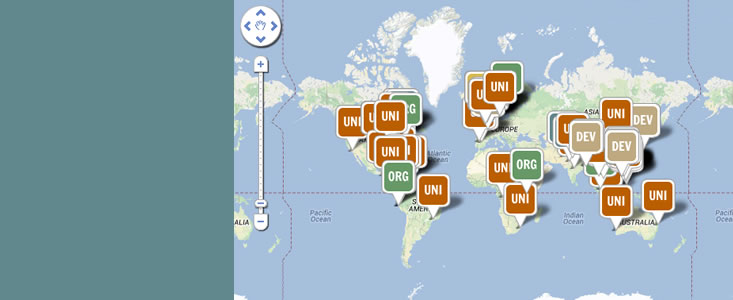
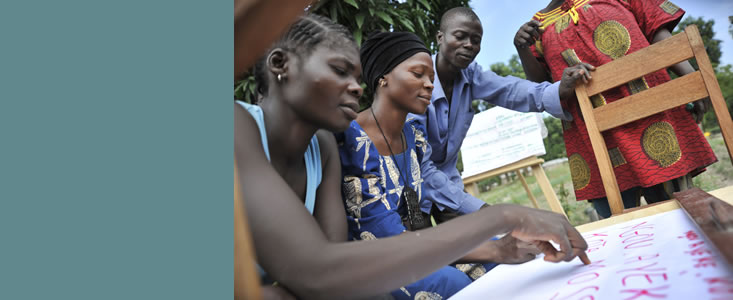
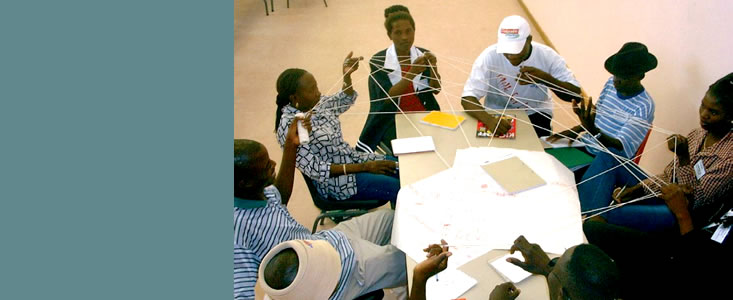
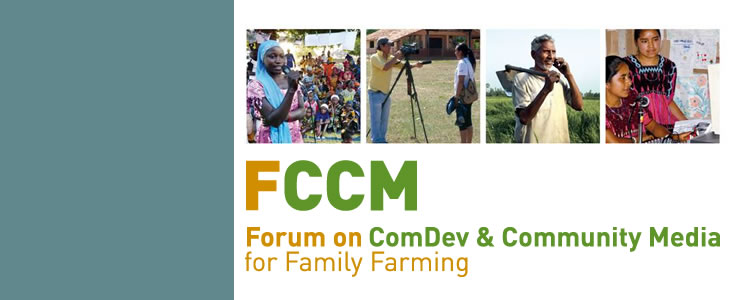
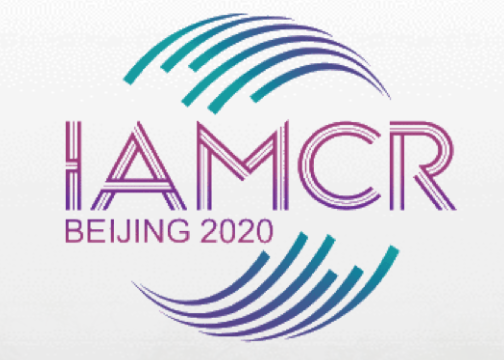 The International Association for Media and Communication Research (IAMCR) invites everyone to submit their abstracts and proposals for panels for the 2020 Congress of the Association with the theme, "Reimagining the Digital Future: Building Inclusiveness, Respect and Reciprocity" which will be held on 12 to 16 July 2020 at Tsinghua University in Beijing, China.
The International Association for Media and Communication Research (IAMCR) invites everyone to submit their abstracts and proposals for panels for the 2020 Congress of the Association with the theme, "Reimagining the Digital Future: Building Inclusiveness, Respect and Reciprocity" which will be held on 12 to 16 July 2020 at Tsinghua University in Beijing, China.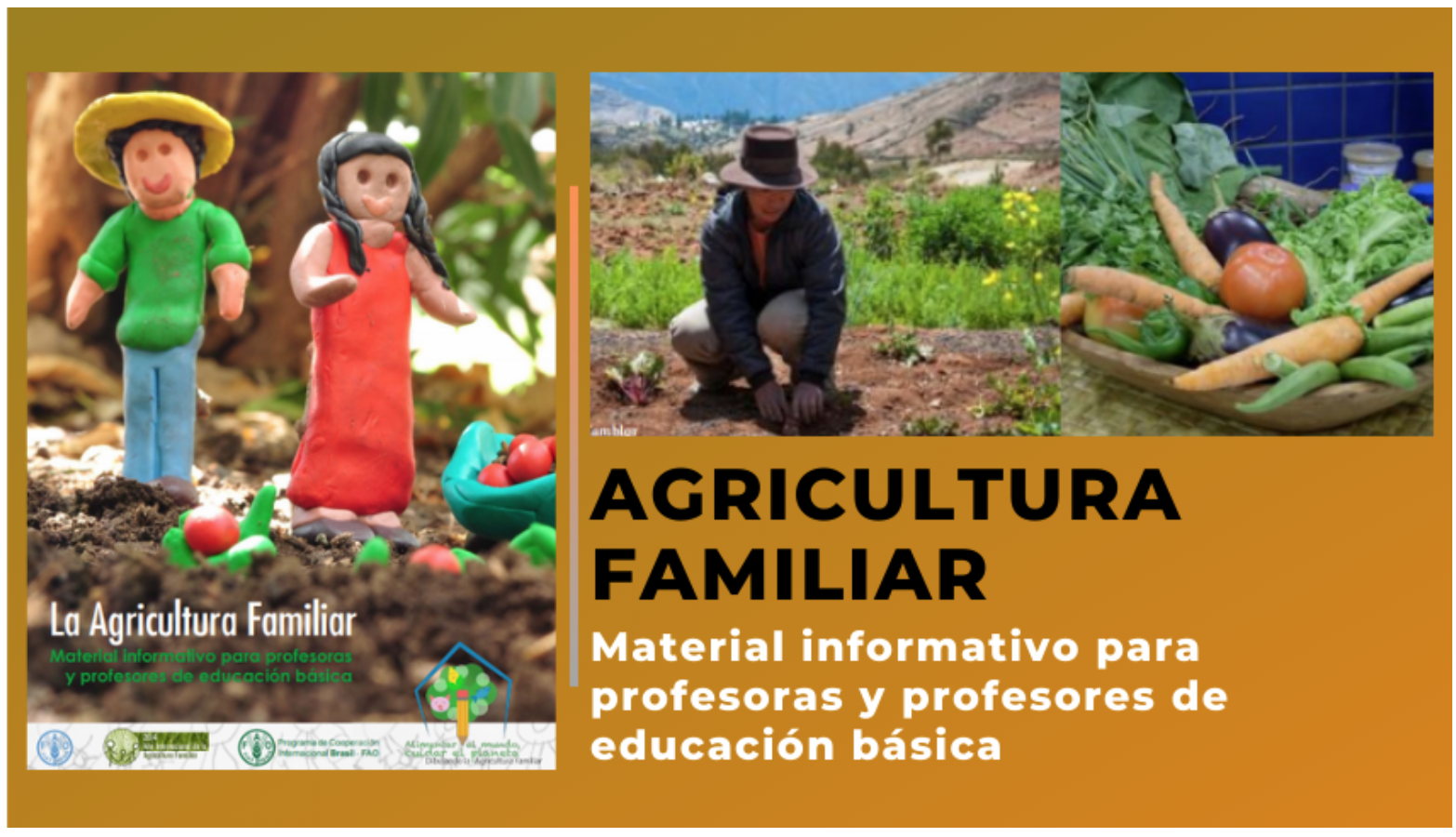 Information material on basic notions of Family Farming was published by the Food and Agriculture Organisation to those who are teaching basic education classes.
Information material on basic notions of Family Farming was published by the Food and Agriculture Organisation to those who are teaching basic education classes.  The organizers of the 2020 International Social and Behavior Change Communication (SBCC) Summit have announced its call for proposals/abstracts for next year's Summit.
The organizers of the 2020 International Social and Behavior Change Communication (SBCC) Summit have announced its call for proposals/abstracts for next year's Summit.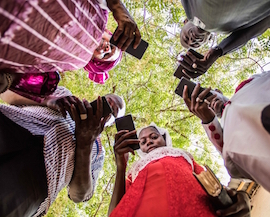 Many studies have noted the decreasing interest of the youth in agriculture. However, digital technologies can facilitate youth engagement in the sector to address unemployment and food insecurity.
Many studies have noted the decreasing interest of the youth in agriculture. However, digital technologies can facilitate youth engagement in the sector to address unemployment and food insecurity. A TV series using entertainment-education principles helps change farmers’ beliefs and pest management practices in Vietnam.
A TV series using entertainment-education principles helps change farmers’ beliefs and pest management practices in Vietnam. In the University of Queensland, Master students in
In the University of Queensland, Master students in 
 Tsunamis are frequent in Indonesia and more than 35% of them are deadly. The December 26, 2004 tsunami claimed 178,000 lives in the island of Sumatra. In hindsight, the weak tsunami resilience of the people contributed to the terrible catastrophe. Many people were unaware, unprepared, and lacked knowledge about tsunamis. The mass media reported on the December 26 tragic consequences but did not provide substantial information about tsunamis (Morin et al., 2008).
Tsunamis are frequent in Indonesia and more than 35% of them are deadly. The December 26, 2004 tsunami claimed 178,000 lives in the island of Sumatra. In hindsight, the weak tsunami resilience of the people contributed to the terrible catastrophe. Many people were unaware, unprepared, and lacked knowledge about tsunamis. The mass media reported on the December 26 tragic consequences but did not provide substantial information about tsunamis (Morin et al., 2008).